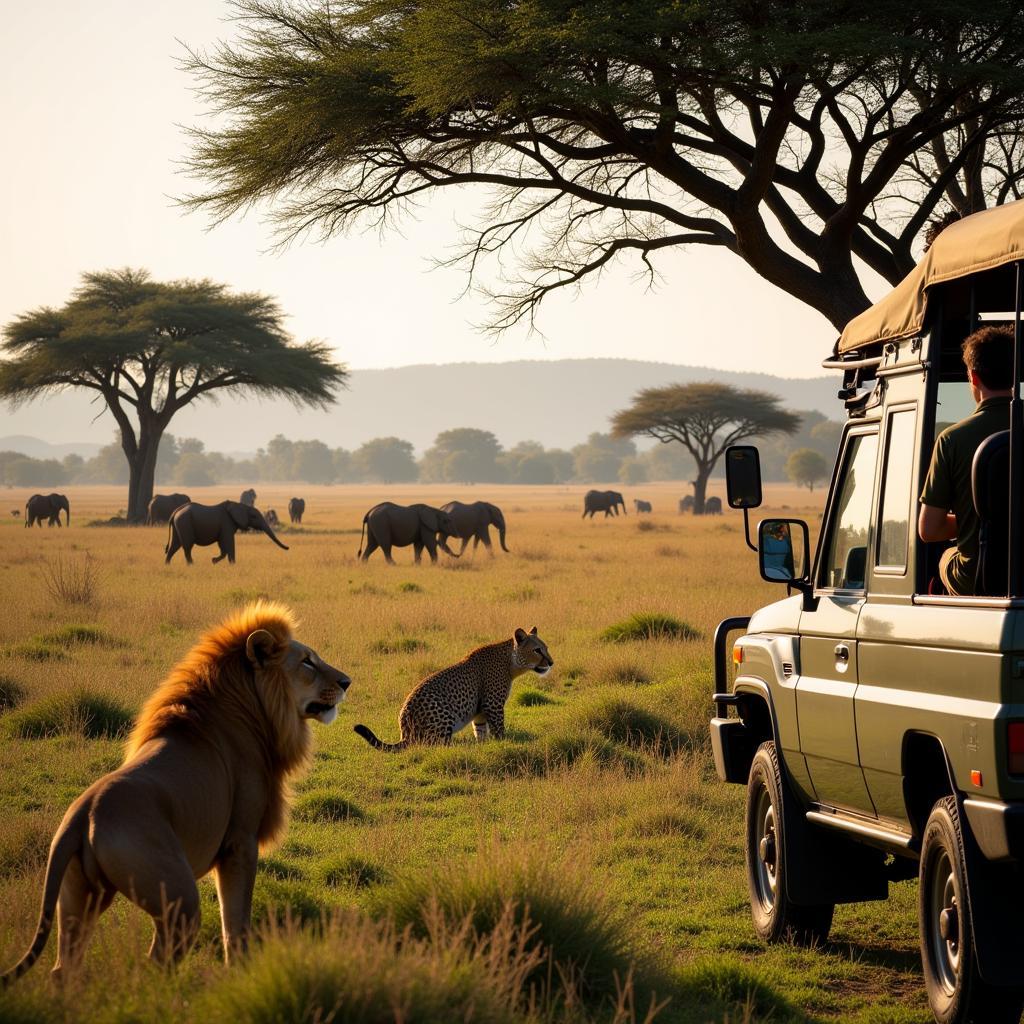African Countries in Civil War: A Complex Reality
Africa, a continent often portrayed through a lens of conflict, faces the harsh reality of several ongoing civil wars. While these conflicts are complex and multifaceted, understanding their root causes and consequences is crucial for promoting peace and stability. This article delves into the African countries grappling with civil wars, examining the factors contributing to their emergence and the devastating impact on human lives and development.
The Scars of Colonialism and the Struggle for Power
Many African civil wars can be traced back to the legacy of colonialism. The arbitrary drawing of borders by European powers often grouped together diverse ethnic groups with historical tensions, creating fertile ground for future conflicts. Post-independence, the struggle for power and control over resources often exacerbated these divisions, leading to armed struggles.
For instance, the Rwandan genocide, a horrifying episode in human history, stemmed from ethnic tensions between the Hutu and Tutsi communities that were inflamed by political manipulation and hate propaganda.
Poverty, Inequality, and the Fuel for Conflict
While ethnic and political tensions often serve as triggers, deep-seated socioeconomic inequalities fuel the flames of civil war. Poverty, unemployment, and lack of access to basic services create a sense of frustration and resentment, making vulnerable populations susceptible to recruitment by armed groups.
The civil war in Sierra Leone, notorious for its brutality and use of child soldiers, was partly driven by economic grievances and the illicit diamond trade, which financed rebel groups.
The Devastating Human Cost of Conflict
The human cost of civil wars in Africa is immeasurable. Millions have been displaced from their homes, seeking refuge in overcrowded camps or neighboring countries. The loss of life, often through violence but also due to preventable diseases and malnutrition, is a stark reminder of the brutal realities of war.
Moreover, education systems crumble, healthcare infrastructure collapses, and economic development is severely hampered, trapping entire generations in a cycle of poverty and violence.
International Response and the Path to Peace
The international community plays a crucial role in addressing civil wars in Africa. Peacekeeping missions, humanitarian aid, and diplomatic efforts are essential for mitigating the immediate suffering and creating conditions conducive to long-term stability.
However, sustainable peace requires addressing the root causes of conflict. This includes promoting good governance, fostering inclusive economic growth, addressing historical grievances, and empowering local communities to become agents of peace.
Frequently Asked Questions
1. What are some of the main drivers of civil war in Africa?
Civil wars in Africa are complex and stem from a combination of factors, including historical legacies of colonialism, ethnic tensions, political instability, economic inequality, and weak governance.
2. How do civil wars impact the lives of ordinary people?
Civil wars lead to widespread displacement, loss of life, destruction of infrastructure, economic collapse, and social fragmentation. They trap communities in poverty and perpetuate cycles of violence.
3. What role can the international community play in resolving civil wars in Africa?
The international community can support peace processes through diplomacy, peacekeeping missions, humanitarian aid, and development assistance. They can also promote good governance and human rights.
4. What are some success stories of peacebuilding in Africa?
There have been notable successes in peacebuilding in countries like Liberia and Sierra Leone. These cases demonstrate the importance of inclusive dialogue, security sector reform, and addressing the root causes of conflict.
5. What are the challenges to achieving lasting peace in Africa?
Challenges include addressing deep-rooted grievances, tackling corruption, ensuring equitable distribution of resources, promoting reconciliation, and fostering sustainable development.
Need More Information?
For further insights on African culture, history, and current events, explore our other informative articles on “African Life.”
Contact Us:
If you need any assistance, please do not hesitate to contact us:
Phone: +255768904061
Email: kaka.mag@gmail.com
Address: Mbarali DC Mawindi, Kangaga, Tanzania.
Our customer service team is available 24/7 to assist you.

